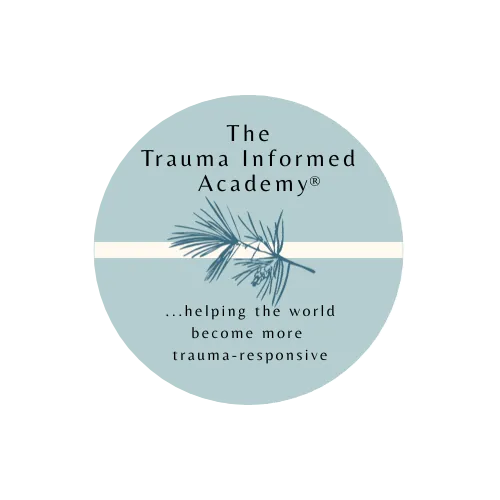

Organizational Values and personal values: Aligned or clashing?
Sadly, we don’t always get to work in places where our values are in total alignment with an organization’s values. Yet, when we sign on to “rent” or “sell” our time and talents to an organization, we are stepping into their world in exchange for what we need. Usually, we try to balance the meaning the job gives us with the measure of the money it provides. Sometimes, it’s just for the dollars.
How does this connect with being trauma-informed? Organizations are composed of people with histories. I suspect the number of ACEs (Adverse Childhood Events, look it up) may cause the Bell Curve to skew a little to the right since so many of us have them. Almost all of us have been overwhelmed at some time by something, so I suspect there's a higher rate of trauma than I’d like to think about in every workplace.
If staff in a workplace are stuck in trauma, functioning as “victims” in the workplace, chances are higher that whatever the organization’s values are there will be disconnects: the victim always needs someone who will offend against them to keep proving they’re a victim. If they are functioning as people invested in power-over, there’s an alignment, and it may or may not be a very productive one. It’s a peculiar form of collaboration, you know? So if collaboration is a value in the company, and a personal value, and is also trauma -responsive, recognize that it can be shared choices of many sorts!
What organizations--and people--say they believe and how they act it out is grounded in the continuum of confidence and fear, both of which are part of injury and recovery.



Email our Admin:
©Copyright 2025 EPower & Associates, Inc. All Rights Reserved.
Privacy Policy | Terms of Use
Featured On...


